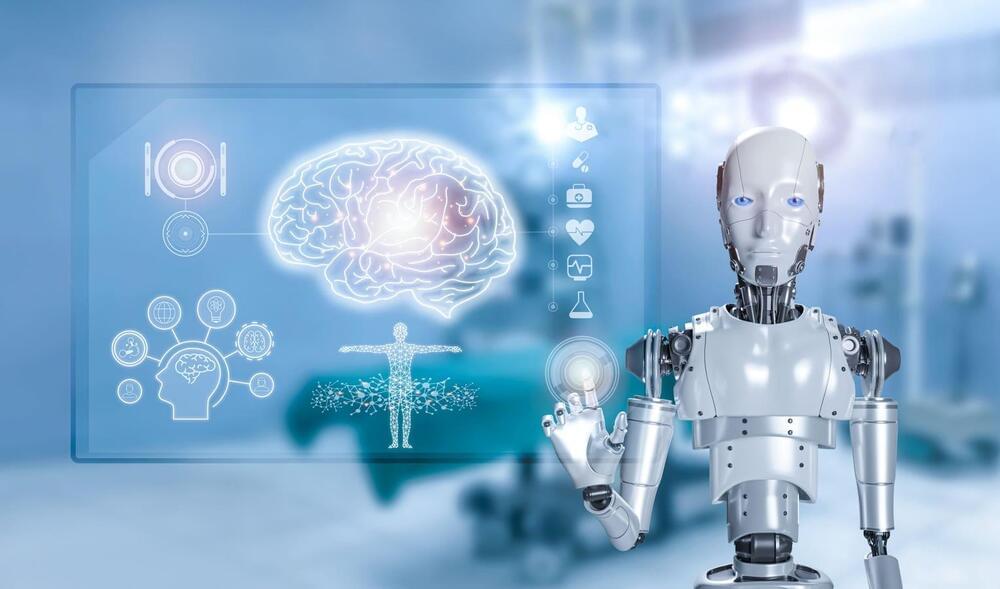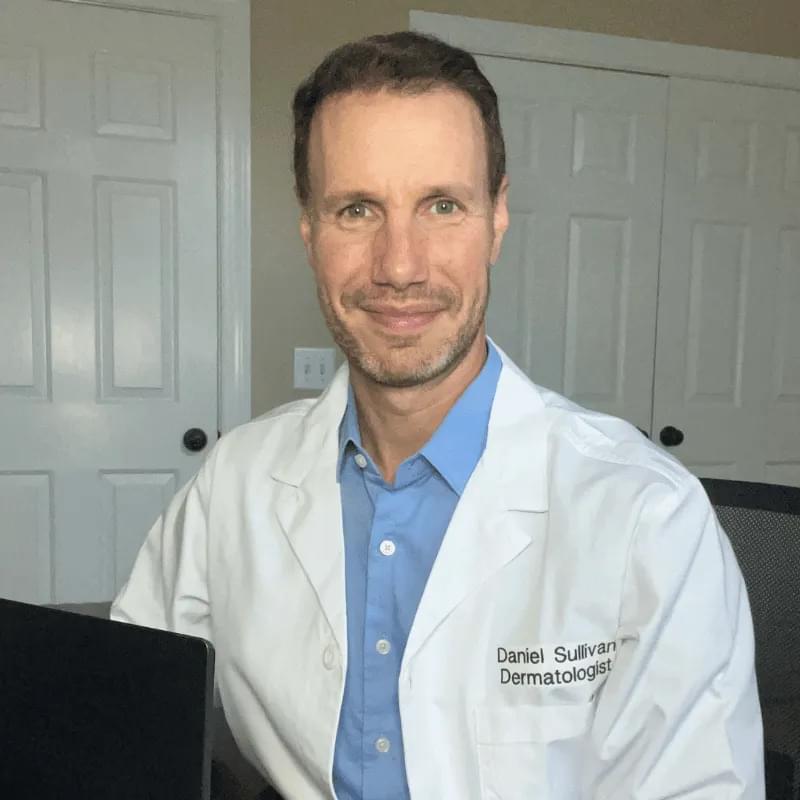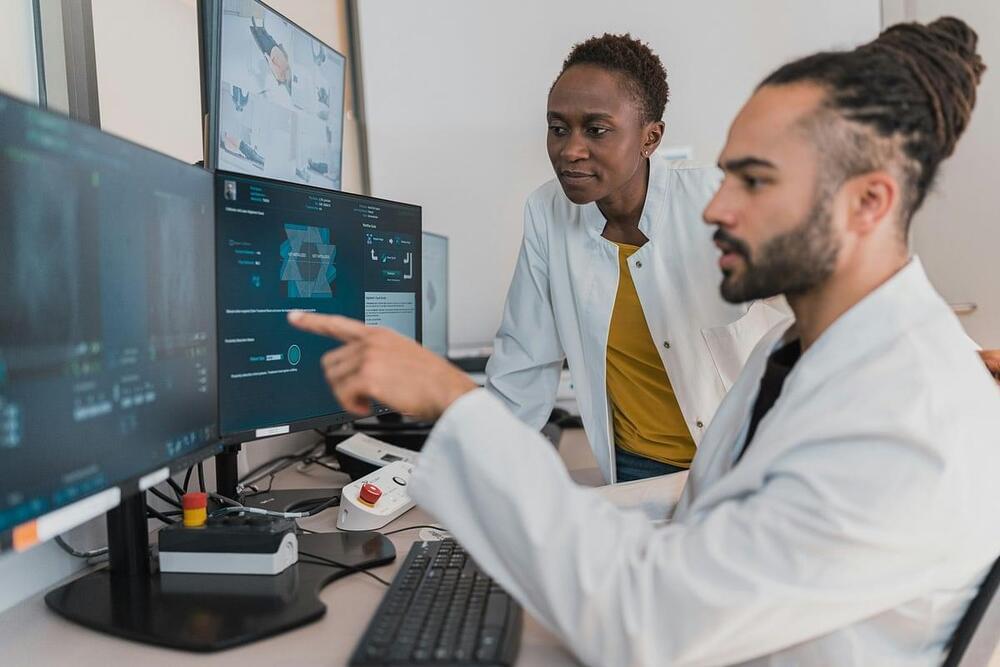Investigators at the UCLA Health Jonsson Comprehensive Cancer Center have developed the largest collection of sarcoma patient-derived organoids to date that can help improve the understanding of the disease and better identify therapies that are most likely to work for each individual patient.
The approach, detailed in the journal Cell Stem Cell, uses patients’ own tumor cells that replicate the unique characteristics of a patient’s tumor allowing scientists to quickly screen a large number of drugs in order to identify personalized treatments that can target this rare and diverse group of cancers.
“Sarcoma is a rare and complex disease, which makes conducting clinical trials to identify effective treatments particularly challenging. Some of the rarer subtypes lack standard treatment altogether. Even when multiple therapy options are available, there is often no reliable, data-driven method to determine the best course of action for an individual patient. Choosing the most effective treatment is akin to searching for a needle in a haystack,” said Dr. Alice Soragni, the senior author of the study and assistant professor in the department of Orthopaedic Surgery at the David Geffen School of Medicine at UCLA. “Testing drugs with patient-derived tumor organoids has potential to help predict how a patient may respond to treatment, with the goal of improving patient outcomes for diseases where treatment options are often limited.”









